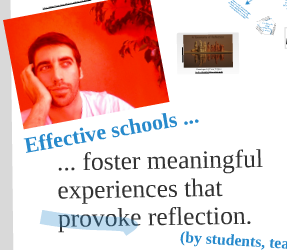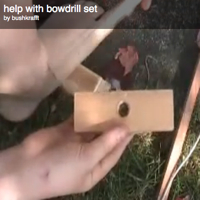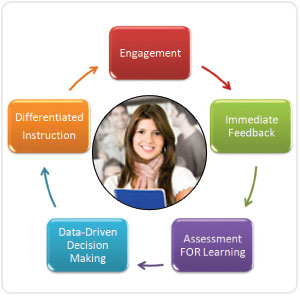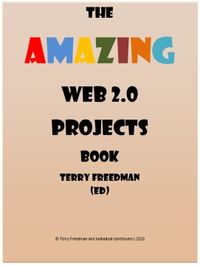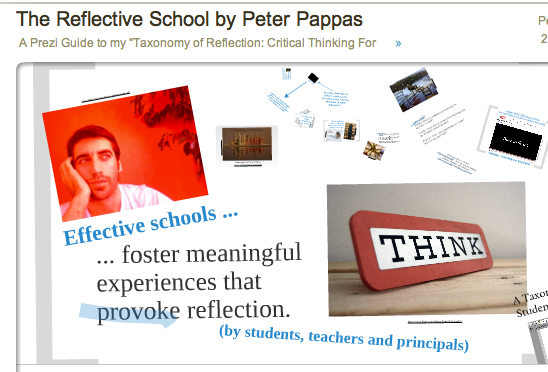
Reflective School
This week I’m presenting at the “Teaching and Learning Conference” in Amphitheater SD (Tucson AZ). Next week, I will keynote at the “Rigor, Relevance and Relationships Leadership Conference” in Cyprus-Fairbank ISD (Houston TX).
In addition to workshops on learning strategies and educational technology, I will feature a session on “Teaching, Learning and Leading in a Reflective School.” This workshop is based on my 4-part blog series “A Taxonomy of Reflection: Critical Thinking For Students, Teachers, and Principals.”
To visually introduce my taxonomy, I created the Prezi presentation below. Click on the arrow at the base of the Prezi to navigate. Then click “More” to view full screen or embed. For a direct link to this Prezi click here.
Enjoy, reflect, and leave your feedback with a comment.
